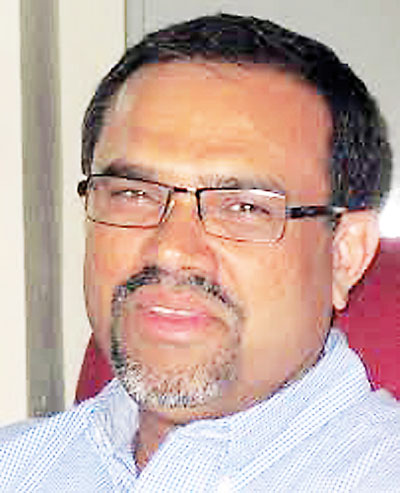Sunday Times 2
Small states should be cautious when dealing with rising powers: International relations expert
View(s):China and India have been the main beneficiaries of economic globalisation and this has created a new balance of power in contemporary international politics, said Prof. T. V Paul in a presentation at the Regional Centre for Strategic Studies (RCSS), Colombo.

Prof. T. V Paul
Speaking on the topic ‘Globalization, Rising Powers and South Asian States’, the Professor of International Relations at Canada’s McGill University said that after the Cold War, China and India had received an impressive economic development in the context of globalisation with the expanded economic and political space. That also made China and India interdependent. For instance, 40% of GDP in India is trade based and in China it’s 37%. The relationship between India and China is still conflictual but there is a tendency towards ‘managed rivalry’, in the sense that both of them try to de-escalate the tension.
Prof. Paul, who also served as President of International Studies Association (2016-17) said the dynamics created by economic globalisation had brought forward a new balance of power in international politics and this had also increased the bargaining power of small states. For instance, other South Asian states’ linked with China and India have reoriented their behaviour and bargain with the international community on a new plane. On the other hand, even though there are no specific alliances, both India and China are concerned about affiliations of small states with them.
The professor emphasised that small states should be extremely cautious when dealing with rising powers in this context. Rather than being a bandwagon to one rising power, they should try to maintain a strategic relationship with other powers which increases the bargaining power of small states.
Among the attendees were academics, diplomats, and senior military officers. The lecture was the first of a series of presentations under the RCSS’ In-house Discussion Series in 2018.

